December 28, 2014 – Several weeks ago the Ontario television public broadcaster, OTV, aired a 10-part series of one-hour documentaries telling the tale of a personal adventure by Richard Tegner, a Swede, seen on the left in the image below, who decided to navigate the Northwest Passage. Starting from his homeland and sharing a small sailing ship with two other adventurers he made the trek first across the North Atlantic and eventually to the edge of the archipelago of islands that stretch across Canada’s North. In a personal video diary Tegner describes his own observations plus those of many he meets along the way, from vacationers seeking new adventure, to scientists doing research, to the native population living and working in the North. His trek covers 9,000 kilometers (5,500 miles) and has him abandon his original boat and traveling companions when it breaks down. He then books passage on a cruise ship traveling through the Northwest Passage, and finally to complete the journey joins the crew of the first catamaran to make it across the Passage. This journey from Nanortalik, Greenland to Dutch Harbor, Alaska, is an interesting portrait of a North under the influence of dynamic change much of it brought on by changing climate.
The picture Tegner describes is one seen through the eyes of those he meets who live and study the changes happening in the North. He encounters many who descend from the longest permanent inhabitants of the Arctic, the Inuit and Inuvialuit. For the native residents of Greenland, Canada and Alaska he encounters the stories are largely the same. They describe an Arctic under rapid change.
In Greenland locals comment on the speeding up of the flow of glaciers and increased calving feeding more ice bergs to the Davis Strait and North Atlantic. In Arctic Canadian settlements local residents describe the arrival of new species of birds never seen before and the march northward of new vegetation replacing the traditional tundra biome. He interviews scientists who describe the slumping and erosion of Arctic landscapes as permafrost melts. And others tell him how Arctic ruminants like caribou and muskoxen are dying as their food sources disappear and new opportunistic poleward marching diseases take hold.
One scientist he speaks to describes the unique dynamics of the Arctic atmosphere where the seasonal fluctuations of Canada and Siberia’s boreal forests impact carbon dioxide (CO2) levels near the poles. In summer CO2 levels drop. In winter the boreal forests release CO2 concentrating the gas at higher levels in the Arctic than anywhere else on the planet. He notes that CO2 at 400 parts per million was first observed in the Arctic in 2012 and today represents the low of the seasonal observed fluctuation, no longer the high.
Tegner tells us about the changing behavior of walrus populations in the Bering Sea. Today they congregate in large herds on local islands. This unusual new behavior is leading to high infant mortality rates as young walrus get crushed in the pack. It also makes it easier for diseases to kill off larger numbers. In the past the sea ice allowed the walrus to disburse. But there is less of it now and what is out there is thinner and more unstable.
He lets the natives of Kivalina, Alaska, tell the story about their disappearing island community as sea levels rise and storm surges sweep over the land (see image below). This is happening despite the best efforts of the U.S. Army Corps of Engineers, who have built rock berms to hold off the encroaching Pacific. The islanders have been told they have no more than a decade or two before their homes will forever disappear. They are akin to other Pacific Ocean islanders much further south like those on Kiribati, Tuvalu and Vanuatu, who are watching the rising ocean destroy their homelands. But unlike the Pacific Ocean islanders who in 2013 joined other nations in signing the Majuro Declaration for Climate Leadership, the people of Kivalina have no voice other than the launching of lawsuit to express their concern for the future.
Recently a groundswell of concern among private citizens has led to the development of an Arctic Declaration. It presents demands to the leaders of Arctic nations to take action and in its preamble states:
“For the four million people living in the Arctic, warming temperatures are endangering traditional livelihoods, customs, and sources of food. Wildlife is suffering hugely as ecosystems bear the brunt of an increasingly unstable climate.…As the Arctic melts, millions face devastating weather events linked to warmer ocean currents. Coastal cities are already counting the cost of rising sea levels, while island states could disappear entirely. Some of the poorest people on Earth are set to suffer first and most acutely.”
I have reproduced the declaration’s ten points here:
- Acknowledging and respecting the rights of the Indigenous Peoples of the Arctic, we call on Arctic states to implement rapidly and in full the United Nations Declaration on the Rights of Indigenous Peoples.
- Accepting that international law and the sovereignty of Arctic states are essential foundations for stable governance, we recognize the central role in this governance of the United Nations Convention on the Law of the Sea, including both the rights and duties of parties to the Convention.
- Believing that the international community and young people everywhere have a legitimate interest in the future of the Arctic, we call on Arctic states to create new opportunities for international and inter-generational co-operation in shaping a sustainable future for the region.
- Noting with alarm the devastating impacts of climate change on the Arctic region and the wider world, we demand an urgent renewal of efforts to reduce greenhouse gas emissions under the United Nations Framework Convention on Climate Change.
- Believing the Arctic ecosystem to be unique and precious, we call on states to meet their obligations under the United Nations Convention on Biological Diversity and the United Nations Convention on the Law of the Sea by creating a network of marine protected areas and marine reserves in the Arctic Ocean.
- Invoking the spirit of peace and co-operation that enabled the creation of the Antarctic Treaty, we propose that Arctic states work with the international community to declare the area of international waters around the North Pole a global sanctuary.
- Understanding that Arctic fisheries will come under increasing pressure as ocean temperatures rise we call on Arctic states, in collaboration with the international community, to introduce a fisheries management regime that will protect this vital resource; including a moratorium on industrial-scale fishing in the previously unfished waters of the Arctic.
- Understanding that the Arctic environment is uniquely vulnerable to the impacts of an oil spill; that Arctic conditions make such a spill more likely whilst severely limiting the potential to clean it up; and that the exploitation of Arctic oil resources will significantly increase the risks of dangerous climate change, we call on Arctic states to develop and apply common, precautionary standards to the extraction of oil in the region; including a ban on extraction from marine environments, where it is not possible to respond adequately to a spill.
- Recognizing that the crisis of climate change requires us to address all sources of climate pollution, and acknowledging the specific impacts of black carbon in the Arctic, we urge the Arctic states and other countries that are able to act, to commit to strict controls on all sources of black carbon and to provide assistance to those developing countries that require support to address this problem.
- Recognizing that opportunities are increasing for shipping in the Arctic region and that with these opportunities come increased risks to the environment, we urge the international community to agree on the environmental chapter of the Polar Code under the auspices of the International Maritime Organization as a matter of urgency.

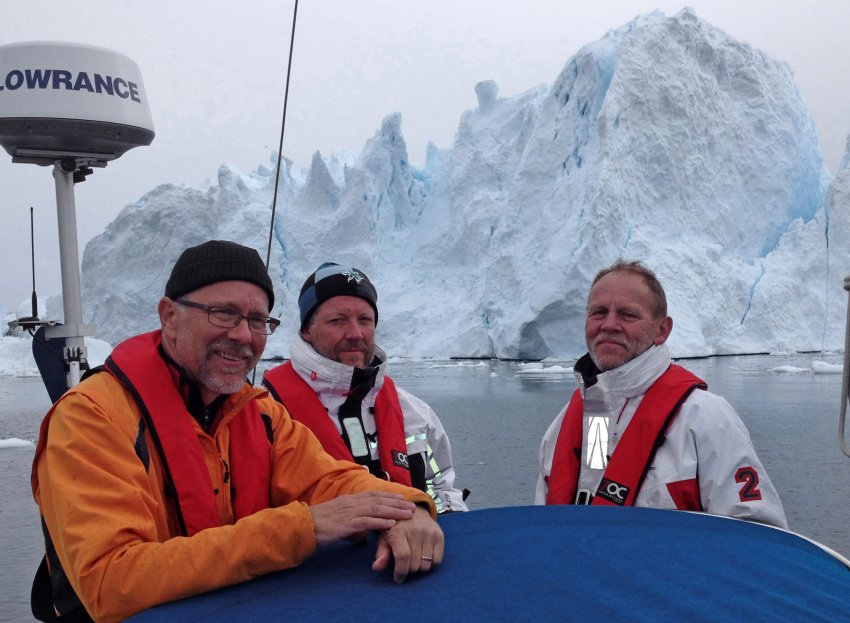
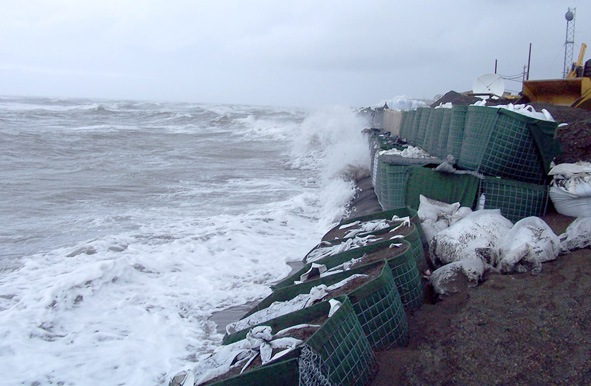
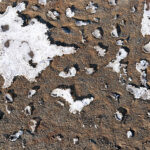

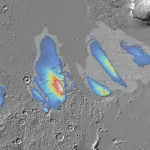




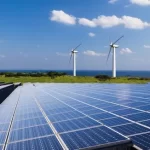






[…] Richard Tegner's visual diary of his 9,000 kilometer trip through the Northwest Passage describes how climate change is altering the Arctic. […]